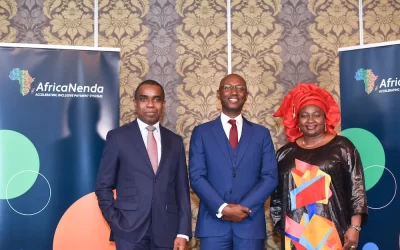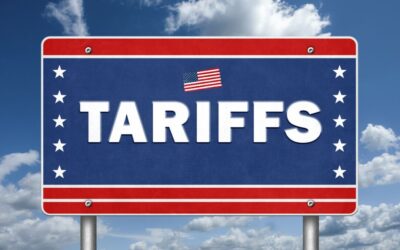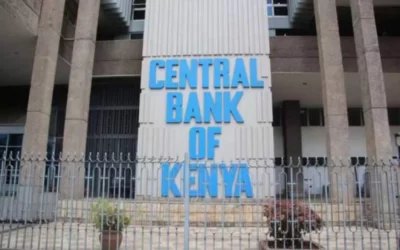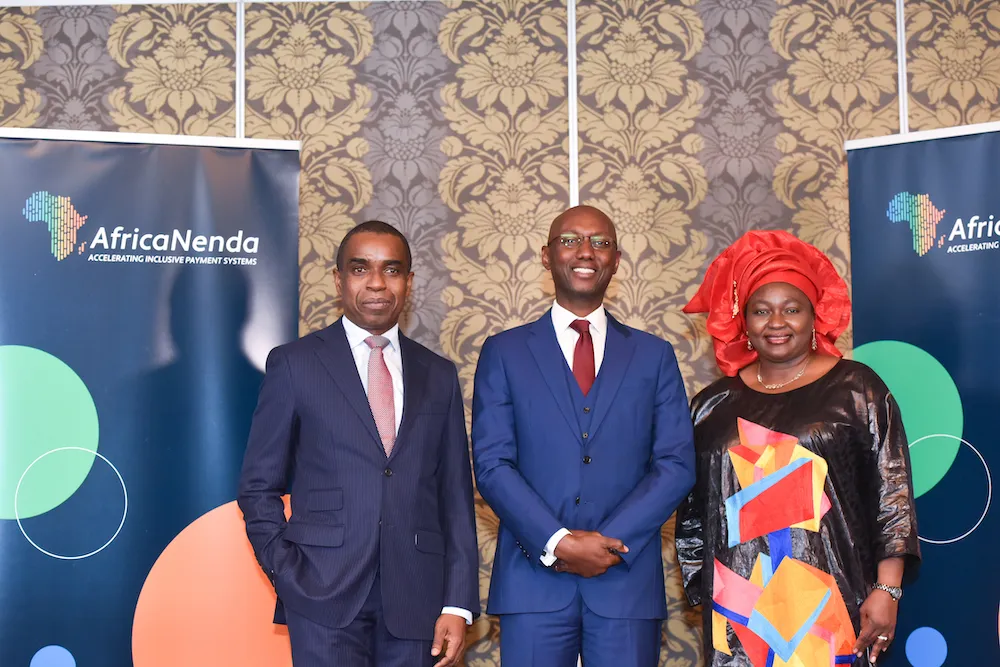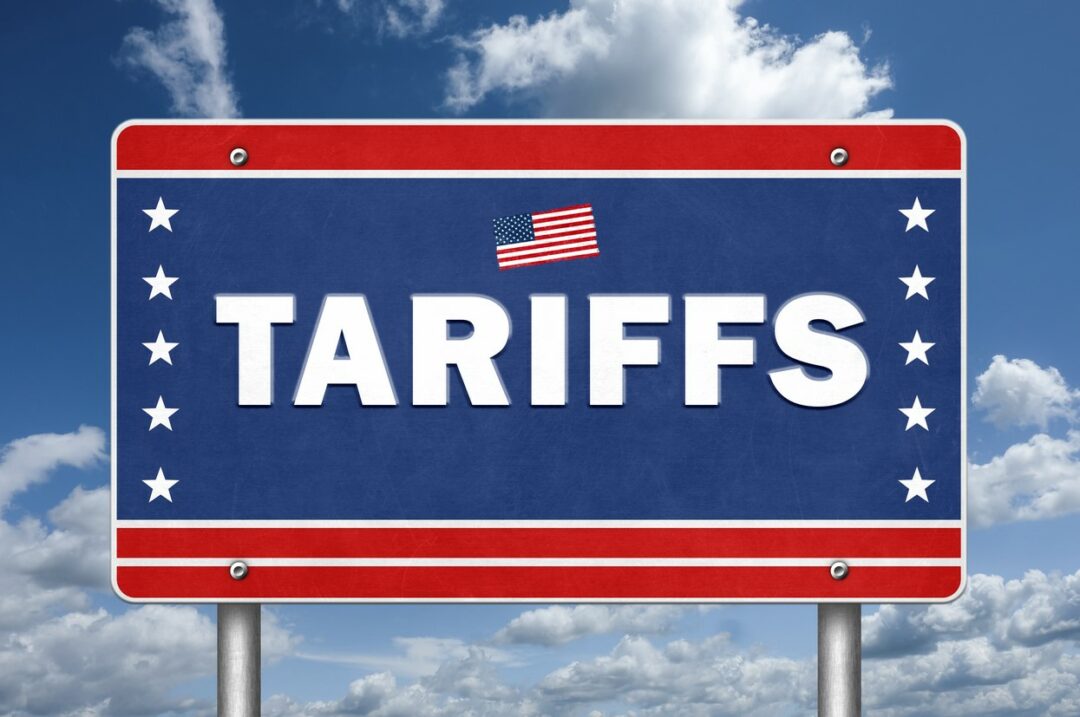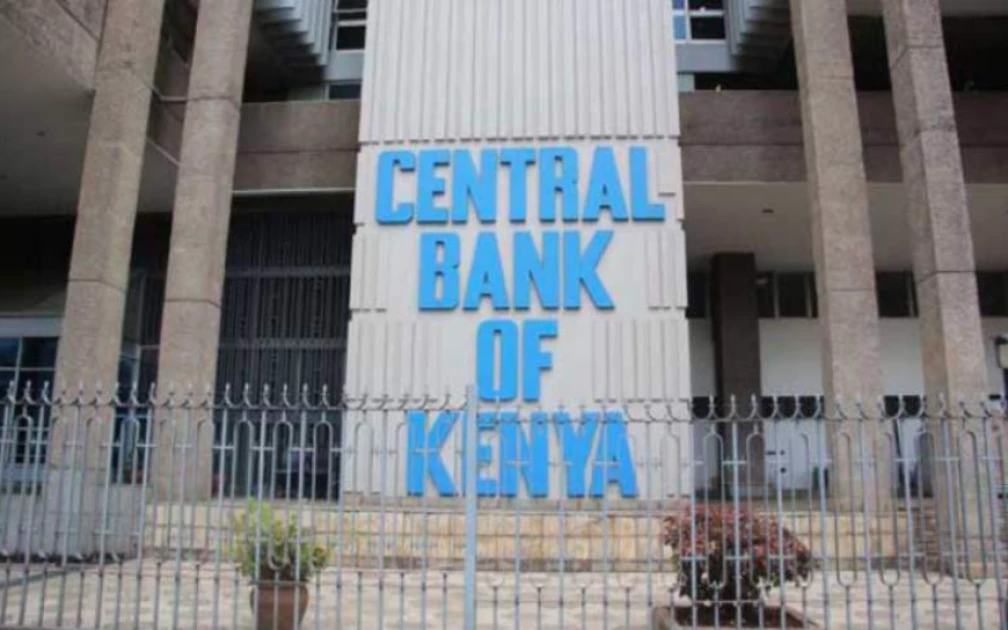EPRA Holds Fuel Prices Steady for November Amid Economic Pressures
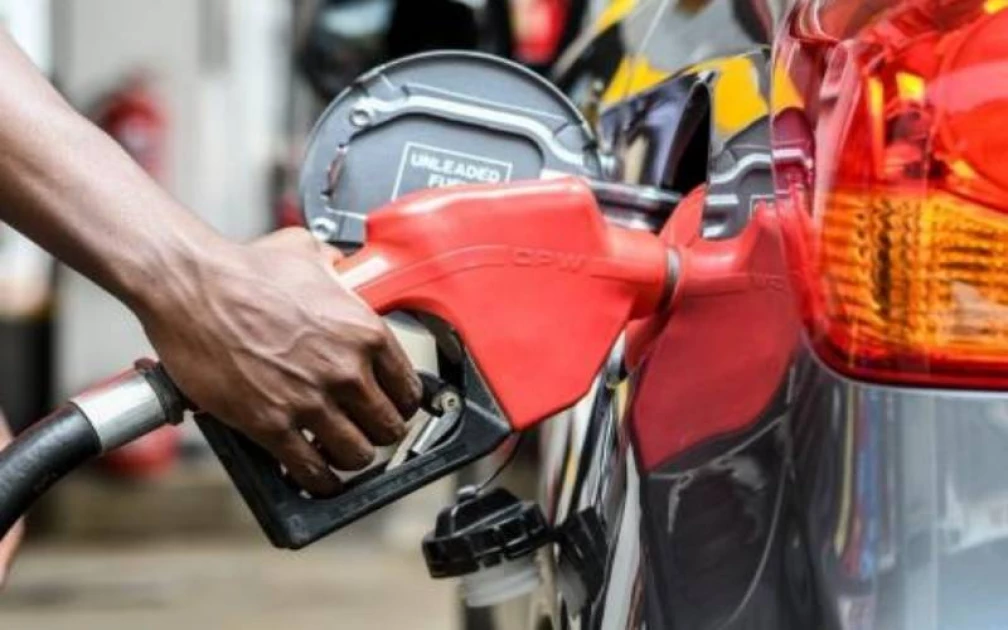
In a surprising move, the Energy and Petroleum Regulatory Authority (EPRA) has announced that fuel prices will remain unchanged for November. This decision comes at a time when global oil markets have been experiencing significant fluctuations, leaving many Kenyans relieved but curious about what it means for the economy and their daily lives.
In its monthly price review, EPRA stated that pump prices for Super Petrol, Diesel, and Kerosene will retail at Sh180.66, Sh168.06, and Sh151.39 in Nairobi for the next 30 days in the latest Epra review released on Thursday. These prices, effective from November 15 to December 14, 2024, reflect stability in the local market amidst ongoing economic challenges.
According to EPRA, this stability is largely attributed to government subsidies and ongoing global crude oil price adjustments. Over the past few months, the Kenyan government has heavily relied on the Petroleum Development Levy (PDL) to cushion consumers against skyrocketing prices. The PDL, collected at Ksh 5.40 per litre of petrol, acts as a financial buffer for the volatile energy sector.
Internationally, crude oil prices have been fluctuating, largely due to geopolitical tensions and fluctuating global demand. Brent crude, a key benchmark, has hovered between $80 and $90 per barrel recently. Analysts suggest that while prices have dipped slightly in global markets, the savings have not yet trickled down to consumers.
How Does This Impact the Average Kenyan?
For many Kenyans, fuel prices are a direct driver of household costs. Transport fares, food prices, and even electricity bills are closely tied to fluctuations at the pump. With prices holding steady, Kenyans can breathe a sigh of relief, at least temporarily.
However, stability doesn’t necessarily mean affordability. At Ksh 160 per litre for diesel and kerosene, many households and businesses still feel the pinch. Diesel, a critical fuel for public transport and agriculture, affects a wide range of sectors, including food production and delivery. Similarly, kerosene remains a primary source of energy for low-income households, especially in rural areas.
The unchanged prices offer some predictability, which is crucial for small businesses relying on fuel for daily operations. Yet, the question lingers: how sustainable are these subsidies, and will they keep prices stable in the long run?
Kenya’s economy is heavily reliant on imported fuel, which makes it vulnerable to global market shocks. The government’s strategy to stabilize prices through subsidies and levies has been a double-edged sword. While it shields consumers, it also strains public finances.
Critics argue that the subsidy program is unsustainable and could lead to a fiscal crisis. With mounting public debt and limited revenue streams, the government may eventually have to adjust its approach. On the flip side, proponents of the program highlight its immediate benefits for millions of Kenyans struggling with high living costs.
Moreover, the current fuel prices impact inflation. When fuel costs rise, so do prices for basic goods and services. By maintaining stable fuel rates, the government indirectly helps control inflationary pressures, offering some stability to the broader economy.
What’s next
While the November review brings temporary relief, uncertainties loom on the horizon. The global oil market remains unpredictable, with potential disruptions from geopolitical tensions, production cuts by major oil producers, and changing demand patterns.
Locally, the government faces the challenge of balancing consumer protection with fiscal sustainability. How long can the subsidies last? Will EPRA adjust prices if global oil prices surge again? These are pressing questions that both policymakers and citizens are grappling with.
For consumers, the focus should be on energy efficiency and exploring alternative energy sources. The government, on the other hand, must prioritize investments in renewable energy and domestic oil production to reduce reliance on imports.
Whether you’re a small business looking to optimize operational expenses or a household seeking to manage budgets amidst rising costs, our team is here to guide you every step of the way. Visit muiaa.com today to learn more about our tailored solutions and how we can help you thrive, even in uncertain times.
Explore superior financial solutions with MUIAA LTD. Visit muiaa.com or contact us today to discover how we can empower your financial journey!

